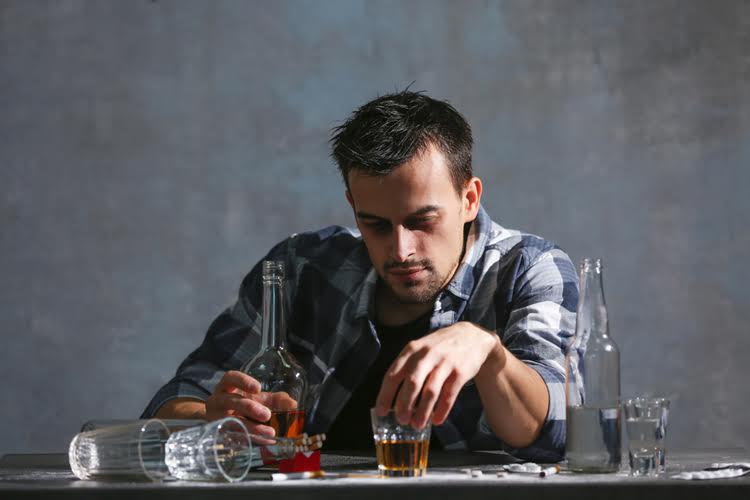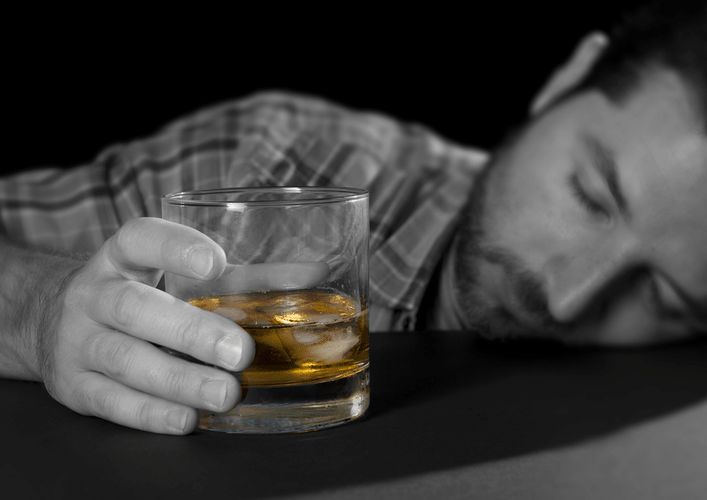Recognizing that alcohol can intensify anger is the first step. The next is learning how to manage those feelings so you can stay in control. It’s not about willpower alone; it’s about having https://emmanuelaa.org/signs-of-heroin-addiction/ a clear plan and the right tools. By being more intentional with your choices, you can prevent alcohol from dictating your emotional state.

Why Are Alcoholics Angry: The Science Behind Alcohol-Related Aggression
Alcohol doesn’t create emotions from scratch; it acts more like an amplifier for what you’re already feeling. Think of it like turning up the volume on a song that’s already playing in your head. If you’re feeling calm and happy, a drink might seem to enhance that.
The Difference Between Anger and Aggression

The best decision you can make is often the most difficult because it may involve putting your life, your family and your career on hold. But entering treatment is the best way to show the people you’ve harmed with your anger that you’ve made a commitment to change. One study published in a journal called Cognitive, Affective, & Behavioral Neuroscience sought to explore factors that make some people more aggressive when they drink.
Jekyll and Hyde Syndrome in Relationships: How to Recognize Red Flags Early
If drinking causes a blackout, you may not even remember being aggressive unless someone reminds you about it. By perpetuating such behavior, people can end up damaging meaningful relationships — yet another effect of alcohol-based aggression. No matter the reasons behind feeling anger when drinking alcohol, such behavior Halfway house can be harmful. By consistently becoming angry or belligerent when you drink, you put yourself and others at risk.
Why Anger and Alcohol Don’t Mix
Moderation means limiting your intake to one or two drinks per day, and making sure that you are in a safe and comfortable environment. Additionally, it is important to be aware of the effects of alcohol and to recognize when it is making you angry. If you find yourself becoming angry, it is important to take a break and step away from the situation. It is important to be aware of the effects of alcohol and to recognize when it is making you angry. To avoid becoming angry when drinking, it is important to drink in moderation.
Conversely, others become irritable or even rageful when drinking. But taking a decision to cut down on drinking is ultimately a personal one. We have tips on how to cut your drinking when your partner doesn’t want to, as well as what you can do to support someone else, if you’re worried about your partner’s drinking.
The Brain’s Boozy Battlefield: How Alcohol Hijacks Our Emotions
To some, reduced impulse control can make them more outgoing and social. For other people, intoxication leads to a great risk of lashing out and exhibiting violent behaviors in a stressful situation. But alcohol can elicit different responses in different people. And ethanol’s effect on you can be the result of a complex interplay of biological, psychological, and social factors. Suddenly, the person they know and care for is a much different, angrier person — short-tempered, abusive, and often violent. But in real life, a person who loses control of their emotions when they drink is anything but entertaining.
- Cultural factors can play a significant role in shaping alcohol-related behaviors.
- Additionally, it can be hard for people to spot the signs of AUD in themselves.
- So when you choose to have “the talk” with someone who’s been drinking, you might be catching them at their most volatile.
You might why does alcohol make me angry drink to relax after a long day, only to end up feeling more agitated and on edge. This can lead to feelings of guilt or confusion the next day, which might make you want to drink again just to escape those feelings. It’s a tough cycle, but understanding how it works is the first real step toward breaking it.
- When we drink, alcohol affects various brain functions and can suppress the areas responsible for controlling emotions.
- For that reason, abstaining from alcohol altogether may be the best way to prevent undesirable effects, such as relationship issues or legal trouble.
- Setting clear, personal boundaries reduces the chances of drinking more than you intended, which is often when emotional responses get amplified.
- Serotonin plays a crucial role in mood regulation and impulse control.
- This isn’t about restriction for the sake of it; it’s about defining what a healthy relationship with alcohol looks like for you.
Alcohol-induced disinhibition and impaired judgment can exacerbate pre-existing tendencies towards aggression. It’s crucial to recognize this link and seek help if you are experiencing or perpetrating violence. Darker whiskeys with higher congener content may be more likely to contribute to negative mood changes. Experimentation, under safe conditions, can help identify personal triggers.
